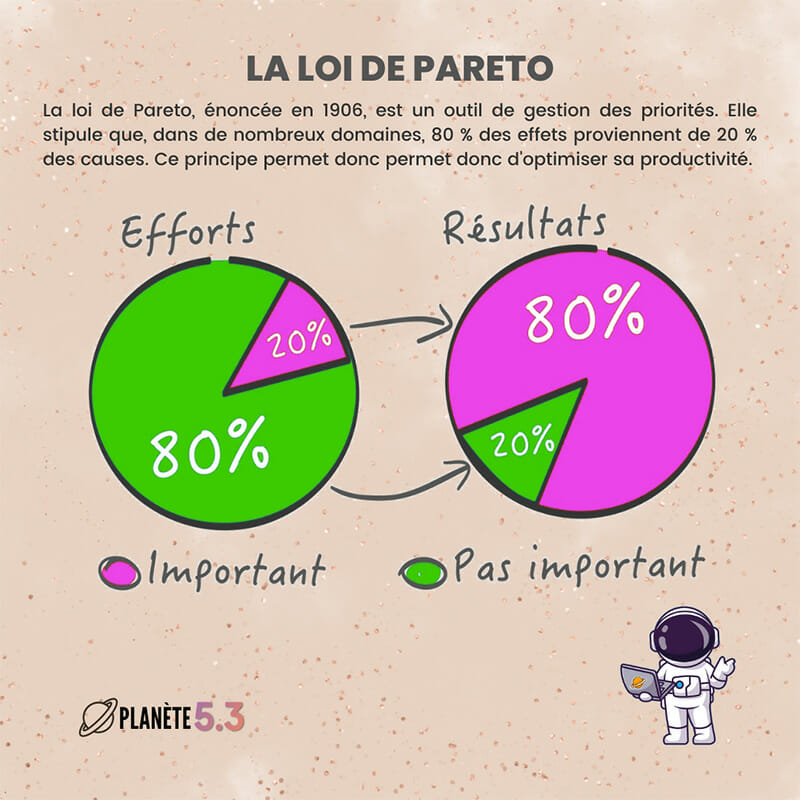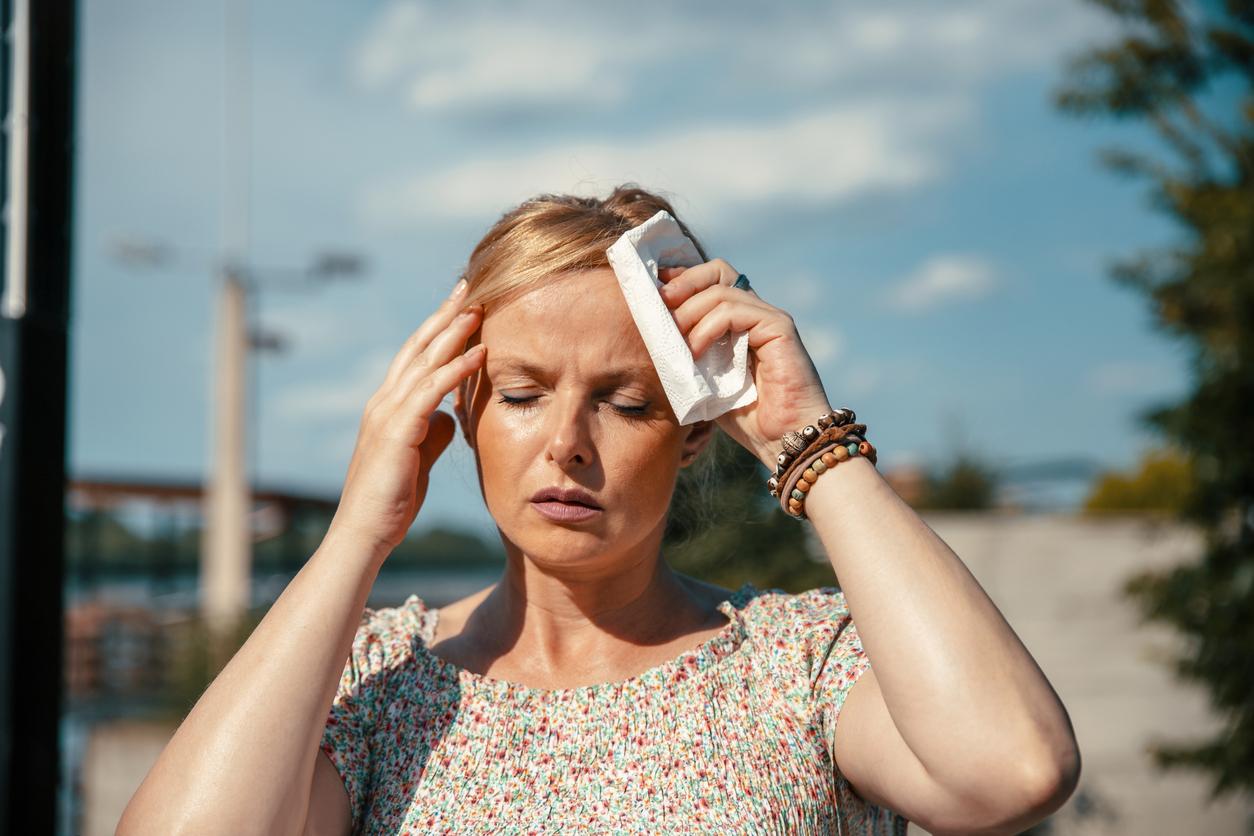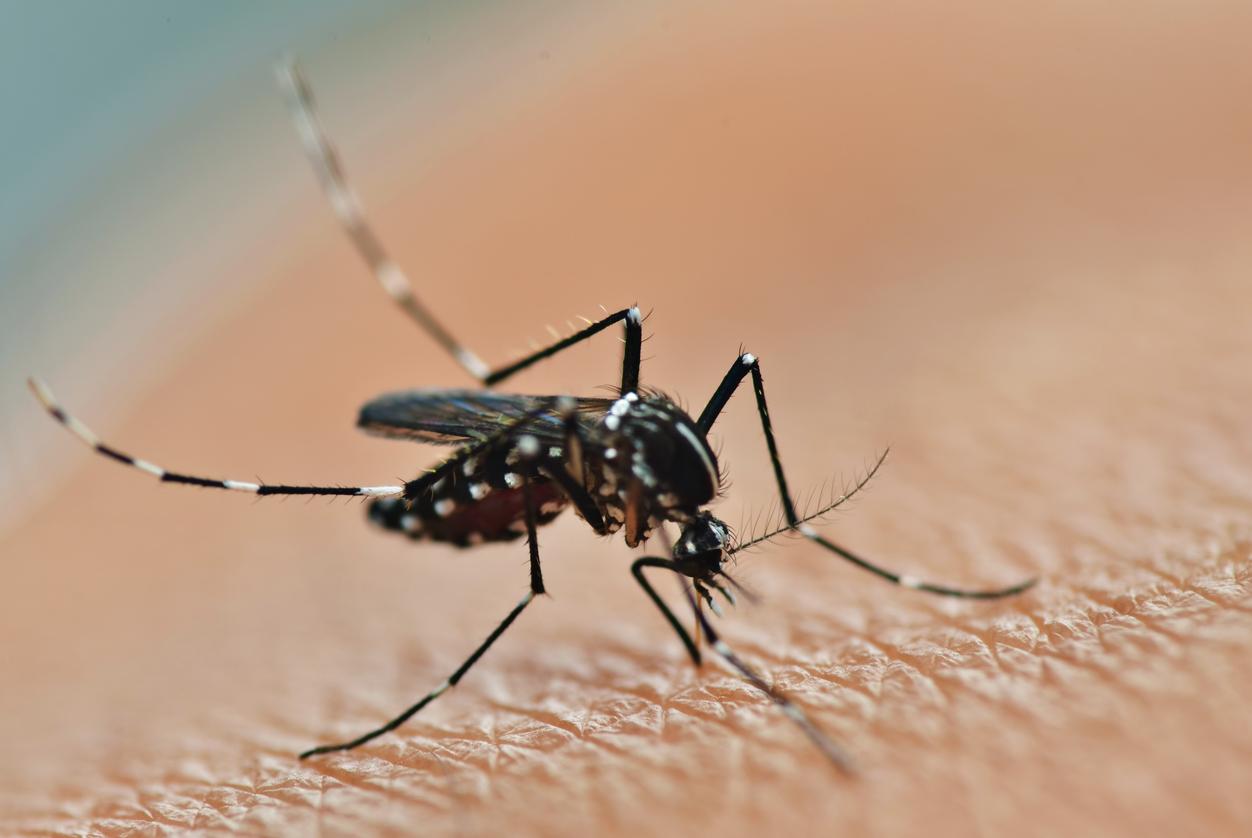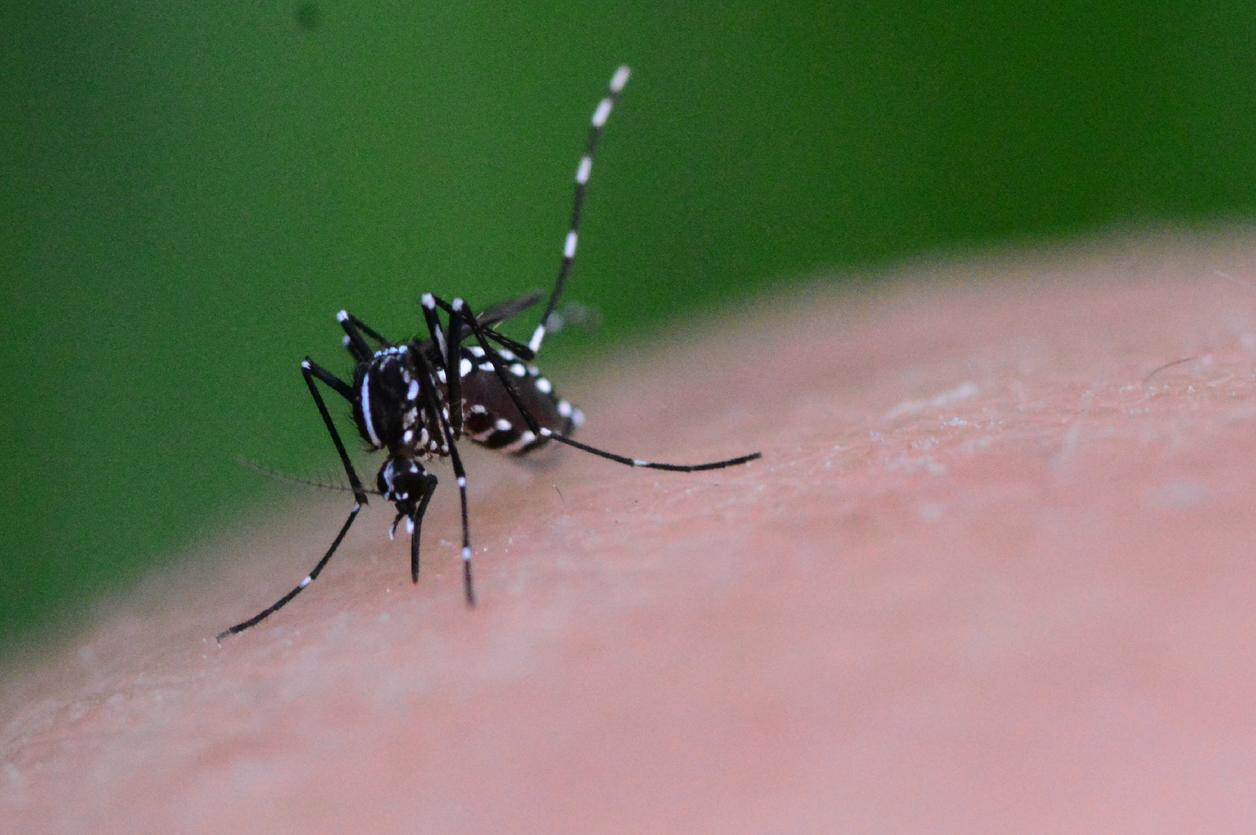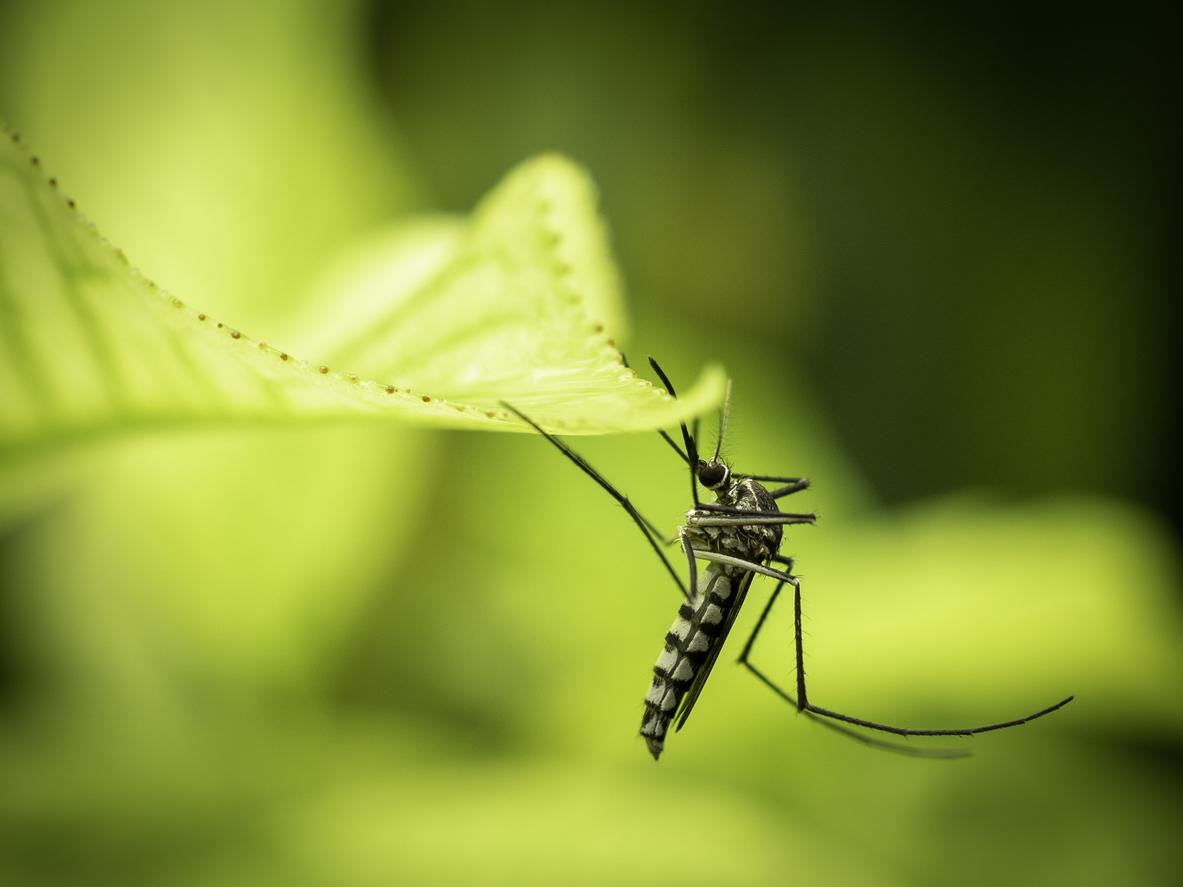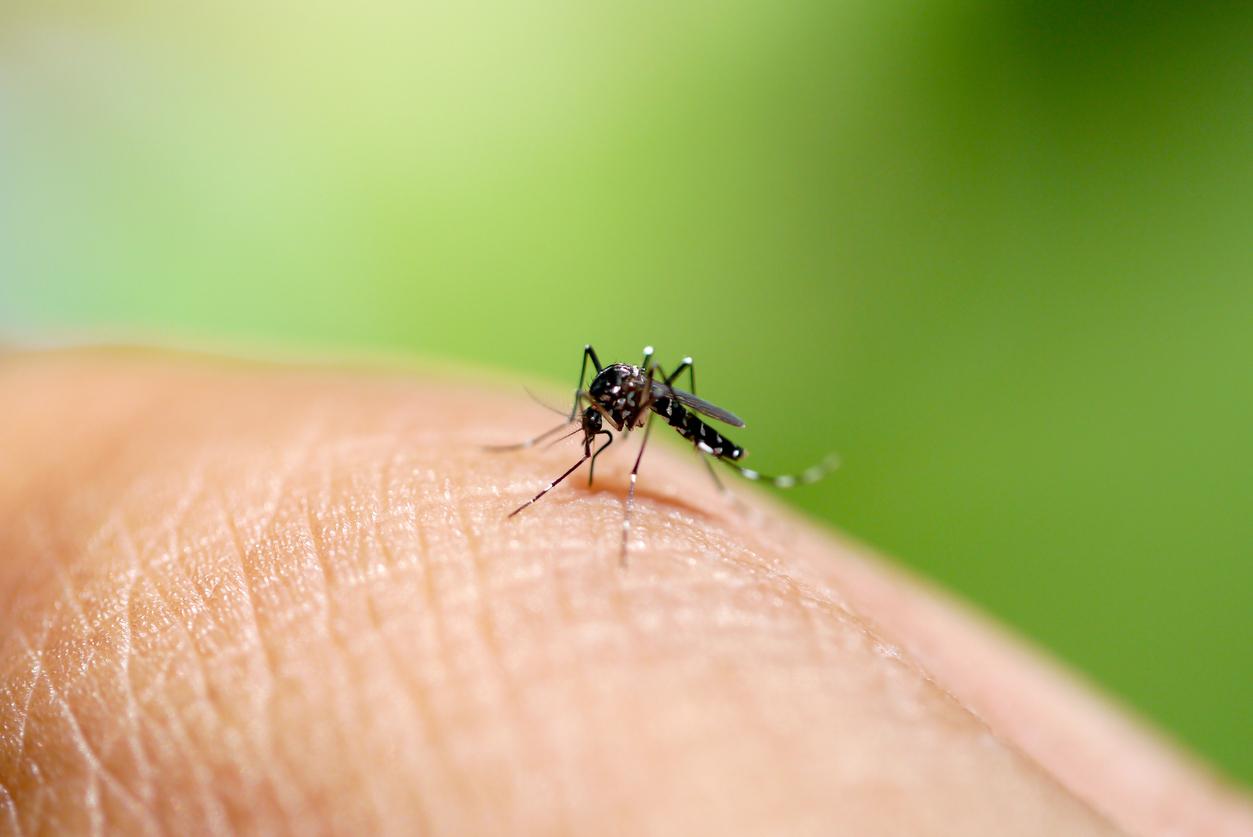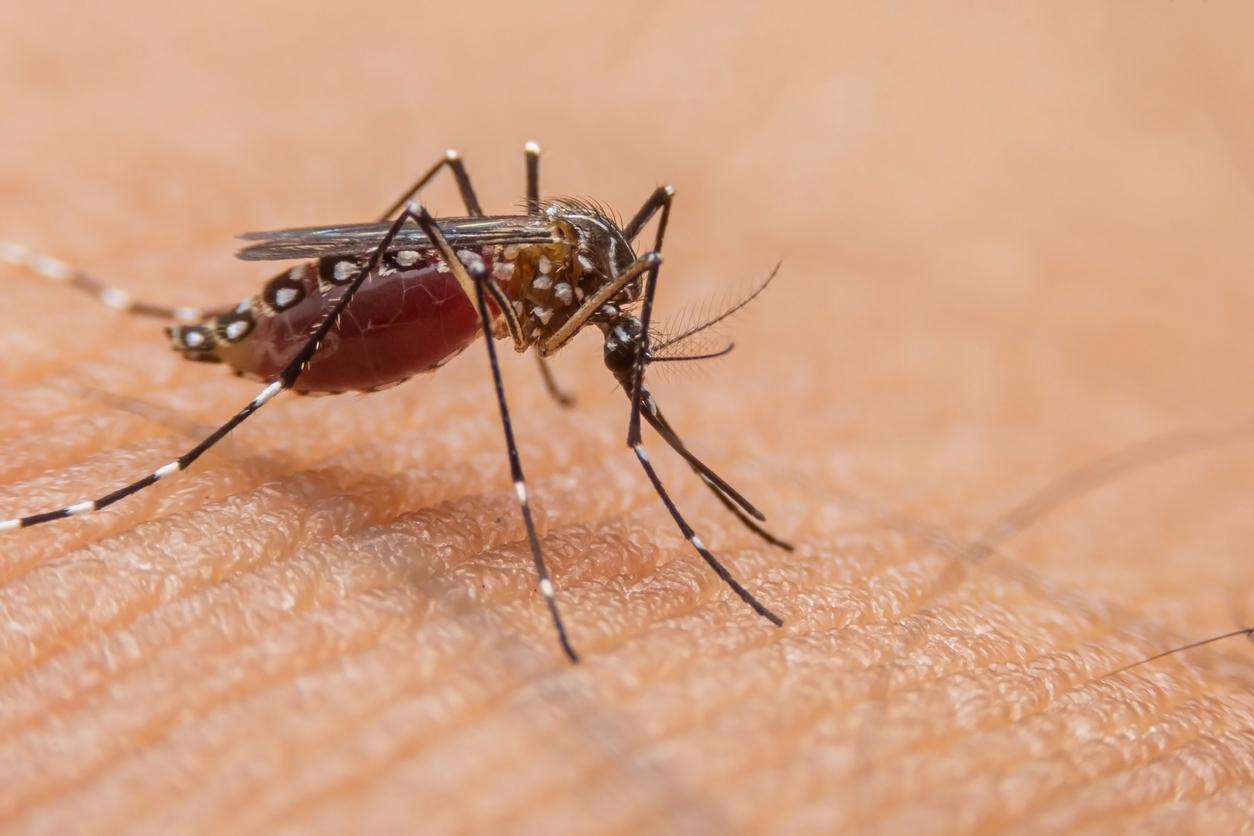The rise in temperature sees the tiger mosquito, vector of dangerous infectious diseases, settling in France.

- In mainland France, autochthonous cases of dengue reached a record level of 47 reports; in 2020, there were 14.
- Beyond the number of cases, this year 2022 is characterized by the extension of the risk on the metropolitan territory with the occurrence of outbreaks in departments hitherto spared: the eastern Pyrenees, the Hautes Pyrénées and the Haute Garonne.
Global warming is more and more noticeable and the consequences are far from trivial on our environment but also on our health. Indeed, the exceptional mildness of the temperatures that we are currently observing and which follows an extreme summer leads to an increase in viruses which were classically “exotic“.
Indigenous cases of dengue are on the rise
This is particularly the case for dengue fever and zika. These infectious diseases are transmitted by the tiger mosquito whose presence in France has been increasing year after year since 2010, according to Public Health France.
The tiger mosquito is also still active this autumn, in an abnormal way: “The tiger mosquitoes are still around, but they shouldn’t be around at this time of year.” , explains Anna-Bella Failloux, specialist in mosquito-related diseases at the Institut Pasteur. “We have identified more than 60 cases of “indigenous” dengue fever: such a number, it had never happened” according to the scientist who adds that such a number would have been “unimaginable a few years ago”.
Indigenous cases concern people infected with the virus on French territory and not during a trip to risk areas.
Global warming threatens human health
“With climate change, more mosquitoes and therefore viruses are to be expected. Instead of having mosquitoes from the beginning of May, we will see them from April. And they’ll stay later after the summer is over“, predicts the specialist in mosquito-related diseases.
The fact that the tiger mosquito is expanding its hunting ground with rising temperatures is not an isolated problem: last July, the United Nations warned of the strong and direct impact of global warming on human health. And the situation is not going to improve. Indeed, the UN forecasts are not good according to a report released Thursday10 days from COP27.
The agency anticipates a global warming of 2.6°C by 2100 or even 2.8°C according to the United Nations Environment Program (UNEP). These figures are well beyond the Paris Agreement of 2015 which aims for a maximum of +2°C, and ideally +1.5°C.




